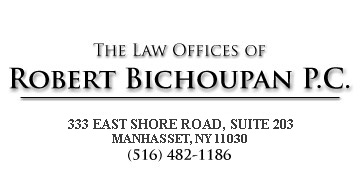|
Estate planning for young adults
January 13, 2014
Now that your child is 18… An 18 year old, while still a child in your household in your eye, is actually a legal adult under the law. That means that the law recognizes their right to privacy and to govern their own affairs. What does this mean for you as a parent sending your child off to college (or anywhere else for that matter)? Access to your child’s medical records, financial accounts or even their college grades can be barred without your child’s consent. But what if your child is unable to give that consent? They may be sick or in an accident, requiring you to access their medical records and make decisions about their treatment. They may lose their debit card while they are doing a study abroad or in school miles away, requiring you to communicate with their bank. What do you do when the doctors, banks and even the school refuses to cooperate – even refuses to give you basic information about their medical condition - because your child is considered a legal adult and you no longer have any authority to access their private records or to act on their behalf? How can you help your child when your hands are tied by the law? The documents that can provide this needed authority are actually part of a basic estate plan – a Health Care Proxy and a Power of Attorney. Estate planning is not only for people with property (few 18 year olds have much of anything to “bequeath”). These estate planning documents are intended to protect this new “adult” by enabling a loved one, or trusted adult, to handle their medical and financial affairs when they are unable to do so, for whatever reason. The most responsible birthday gift a parent can give their child on their 18th birthday is a trip to their attorney’s office – to prepare these basic documents for their protection (and your peace of mind).
Prior results do not guarantee a similar outcome. All information posted is general advice only, based upon the rules of NYS, and is not intended to be a substitute for personal legal advice. Although information provided here was accurate as of the date of posting, laws change frequently and rules in other jurisdictions may differ. Therefore, readers should not rely upon these postings but should consult an attorney to discuss their specific factual situation.
|





